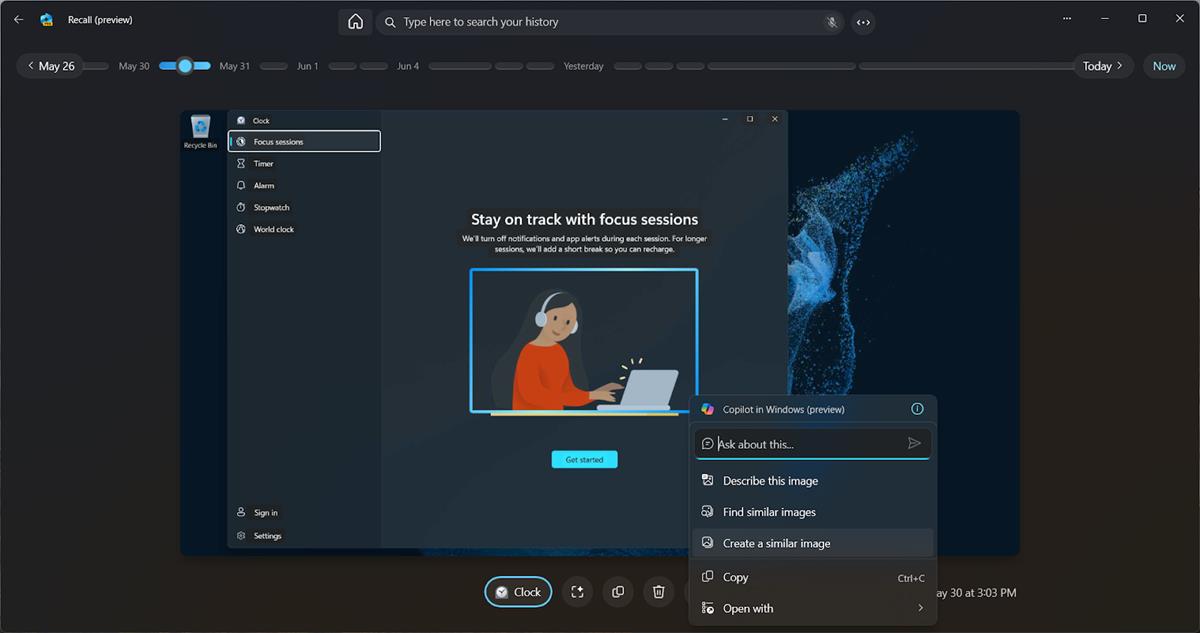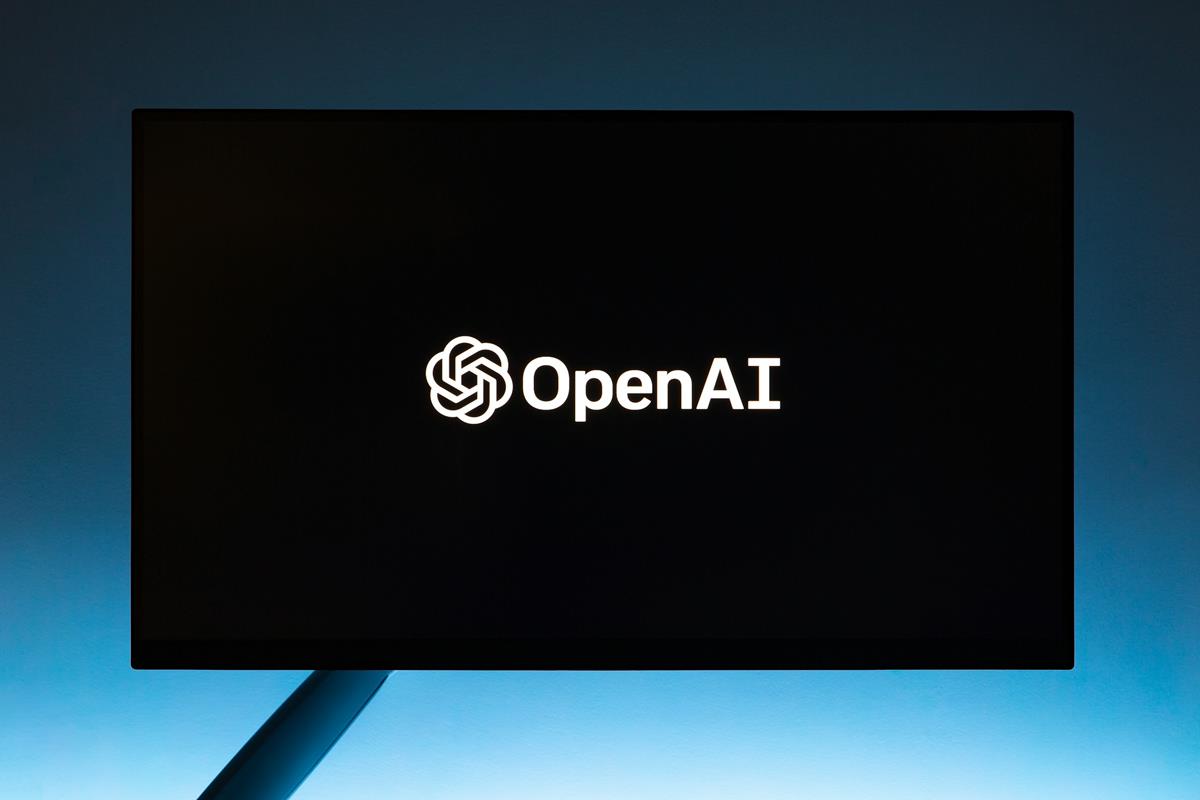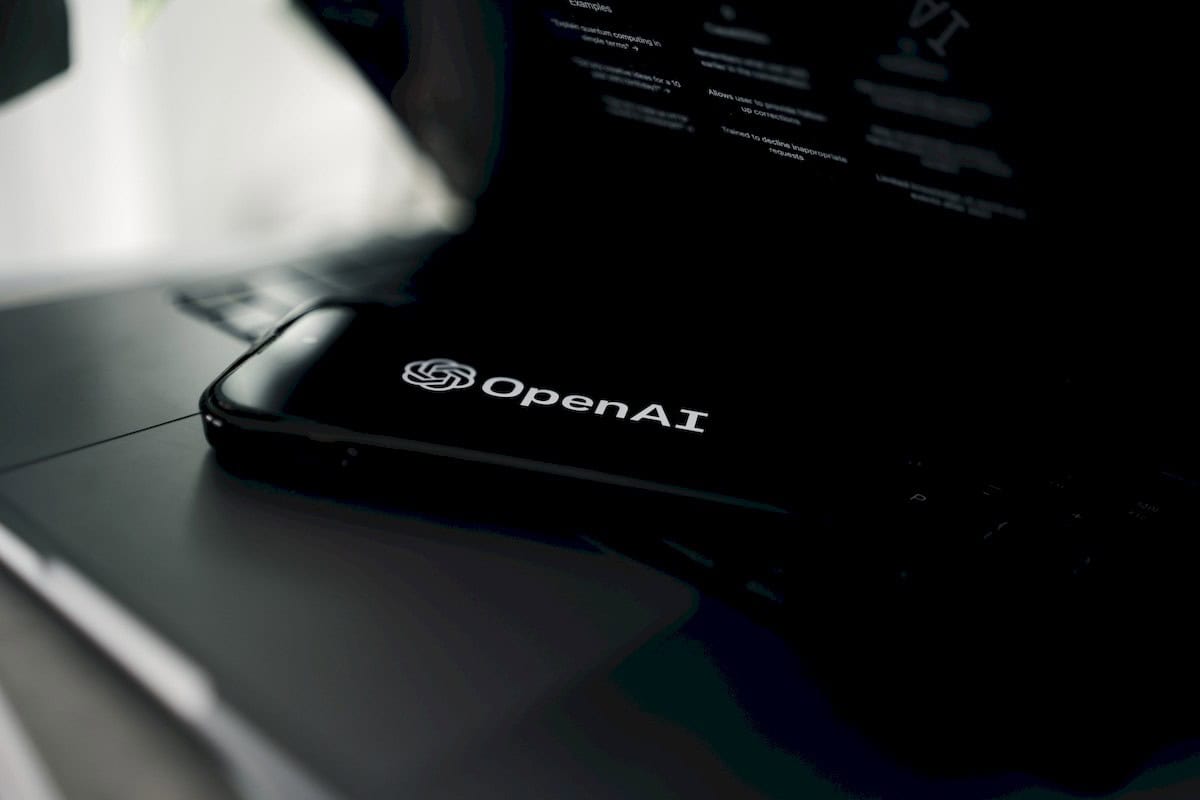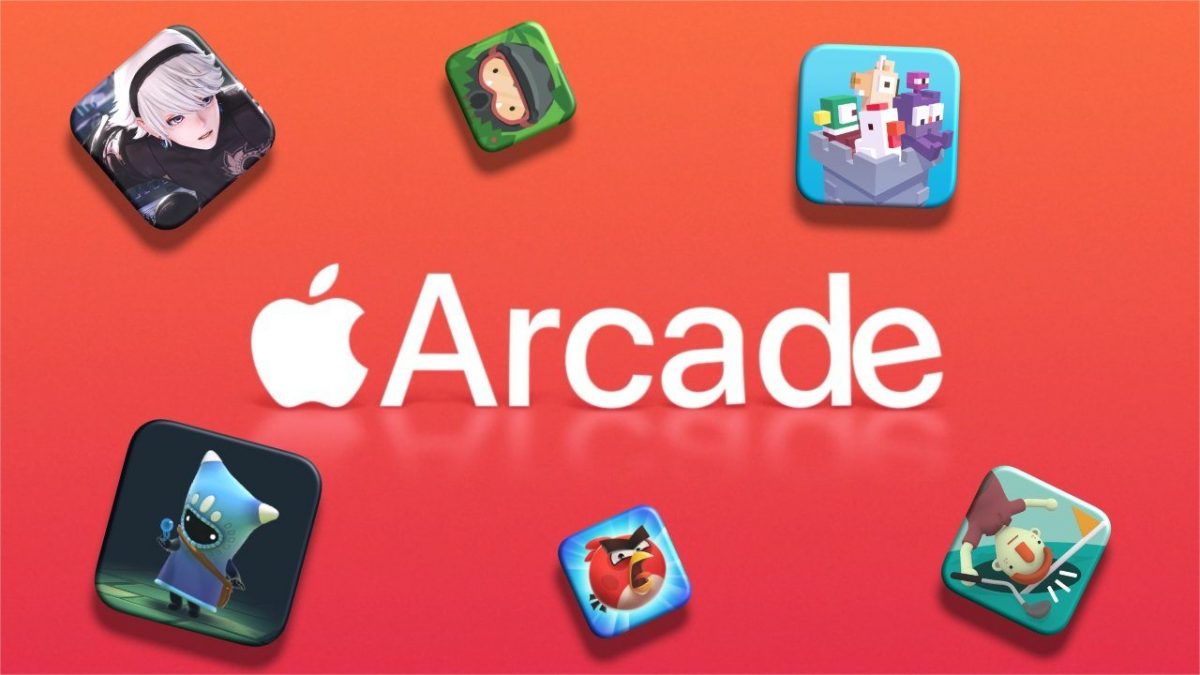Microsoft's Muse AI Model Faces Backlash from Game Development Community
Microsoft has unveiled Muse, a generative AI model designed to assist in the development of Xbox games. Trained on data from Ninja Theory's multiplayer game Bleeding Edge, Muse is capable of understanding game physics and 3D environments, generating visuals, and responding to player movements. One notable application highlighted by Microsoft is game preservation; Muse can analyze classic titles and optimize them for modern hardware, potentially reviving games that have become obsolete due to technological advancements. Fatima Kardar, Microsoft's corporate vice president for Gaming AI, expressed enthusiasm about the possibility of making "beloved games lost to time and hardware advancement" playable on current devices.
Despite Microsoft's optimism, the introduction of Muse has been met with skepticism and criticism from the game development community. David Goldfarb, founder of the development studio The Outsiders, voiced strong opposition, stating that generative AI could undermine the artistic efforts of developers and potentially lead to job displacement. An anonymous AAA developer echoed these concerns, suggesting that internal discussions about AI initiatives like Muse are subdued due to fears of job security amidst industry instability.
This apprehension is not unprecedented in the gaming industry. In July 2024, SAG-AFTRA, the union representing voice actors and motion capture artists, initiated a strike against major video game companies. The primary concern was the use of AI to replicate performers' voices and likenesses without consent or fair compensation, highlighting fears of job displacement and exploitation. Similarly, in November 2024, Take-Two Interactive's CEO, Strauss Zelnick, emphasized that while AI can serve as a valuable tool, it cannot replace the creative talent essential for producing compelling games.
Microsoft maintains that Muse is intended to complement, not replace, human creativity in game development. The company emphasizes that the integration of AI aims to streamline certain aspects of the development process, such as prototyping and game preservation, thereby allowing developers to focus more on creative and complex tasks. However, the debate continues as to whether AI tools like Muse will enhance or hinder the craft of game development.
RECOMMENDED NEWS

Firefox Nightly: Mozilla makes it easier to test vertical tabs
The latest Firefox Nightly release makes it easier to test vertical tabs and the browser's new side...

You can remove Recall from Windows if you do not want it (Update: or not)
Microsoft is currently preparing a second version of its controversial AI-feature Recall. The compa...

The official ChatGPT app for Windows is now available for free users
OpenAI has released the official ChatGPT app for Windows for all users. The company had released th...

Google appears to be working on a better alias system for Gmail
Gmail users had an easy, but mostly superfluous, alias system at their disposal from the very begin...

OpenAI to Introduce Costly AI Agents for High-End Enterprise Use
OpenAI is reportedly developing a new suite of advanced AI agents that could cost businesses as muc...

Katamari Damacy Rolling Live Launches Exclusively on Apple Arcade April 3
Bandai Namco is set to release a new installment in the beloved Katamari series, titled Katamari Da...
Comments on "Microsoft's Muse AI Model Faces Backlash from Game Development Community" :